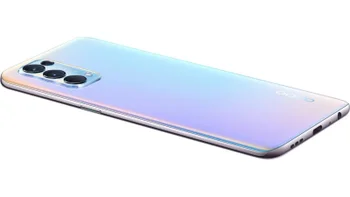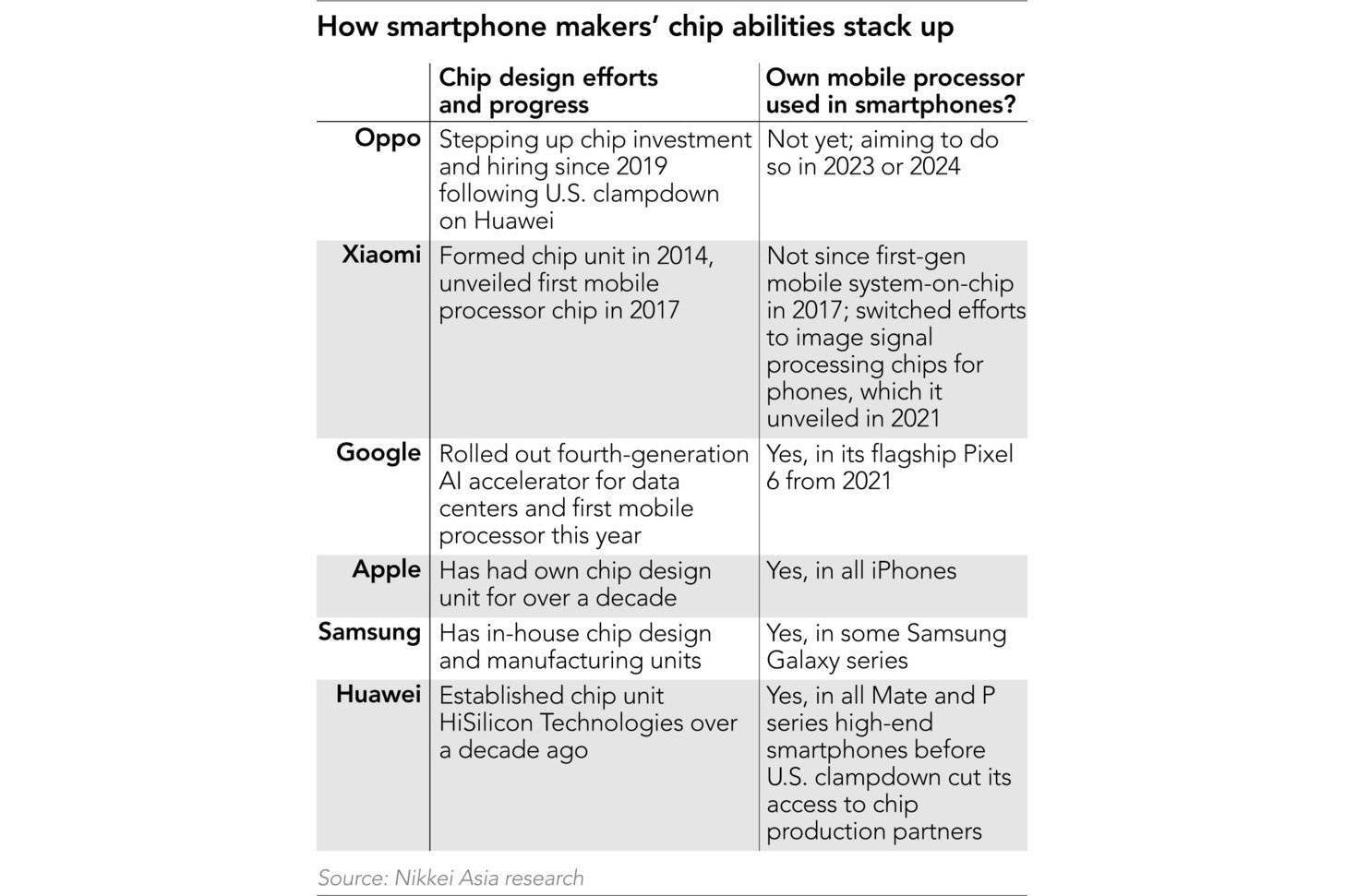Oppo allegedly developing a 3nm flagship mobile chipset

Oppo is working on premium mobile chips for its flagship smartphones, per a new report from Nikkei Asia. A trademark application that emerged back in 2019 was the first to indicate that the Chinese company might be developing custom chips. The pace of development was apparently accelerated after America's clampdown on Huawei.
Oppo is currently the world's fourth-largest smartphone vendor and an in-house SoC would give it greater control over the key components and help it reduce its reliance on chipmakers like Qualcomm and MediaTek.
Oppo's first home-brewed mobile processor is expected at some point between 2023 and 2024. The chip, which according to the aforementioned trademark filing might be called the Oppo M1, will be based on Taiwan Semiconductor Manufacturing Co (TSMC)'s 3nm process.
In April 2021, it was reported that the chip would be 5G-enabled and would be out by early 2022.
Apple already makes all of its smartphone chips and the international variants of Samsung's smartphones are usually fueled by its Exynos silicon. Huawei was also once a key player in the field, but it's now struggling to develop Kirin chips because of the restrictions imposed by the US. Most recently, Google introduced a purpose-built chip for the Pixel 6 duo and a recent report says that Microsoft is also working on a chip for its Surface devices.

Oppo has allegedly hired top talent and artificial intelligence experts from Huawei, MediaTek, and Qualcomm, and is still on a recruiting spree in the US, Japan, and Taiwan. Additionally, the company is also working on image signal processors for smartphone cameras, which are comparatively easier to make.
Whether its chip will be good enough to replace the high-end Snapdragon chips it currently uses for its best flagships remains to be seen. Oppo declined to make any comments to Nikkei, but according to a June 2020 report from Caixin Global, the head of the company's China unit Liu Bo confirmed that the Chinese company planned to make its own chips.
Oppo's parent company BBK Electronics also own OnePlus and Vivo.










Things that are NOT allowed: